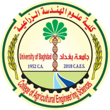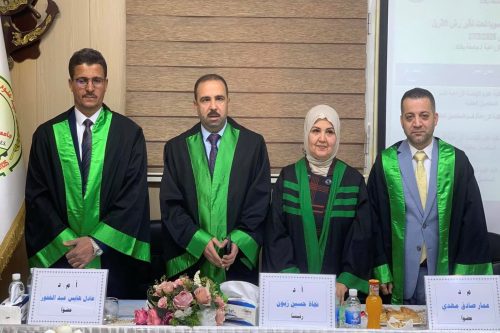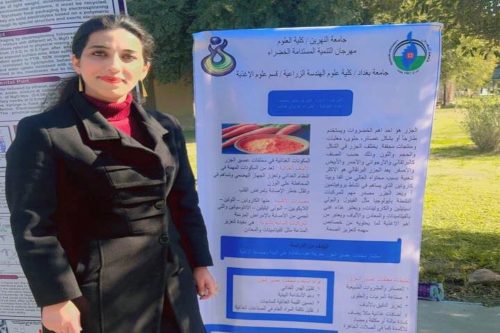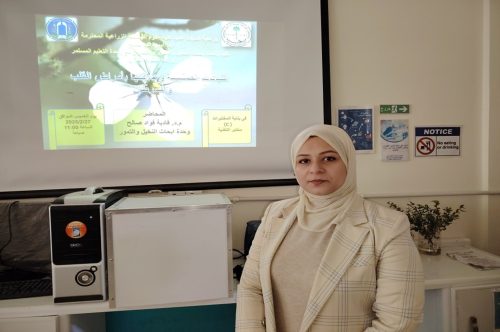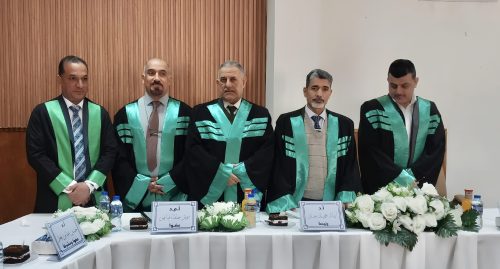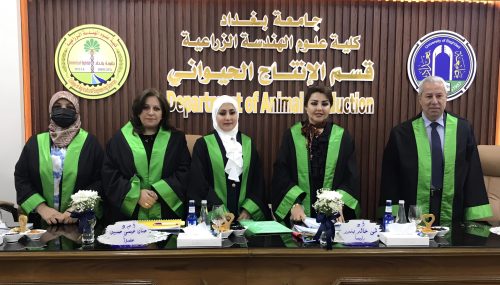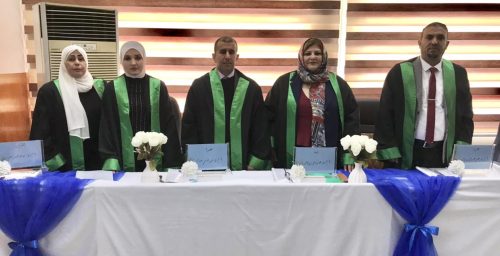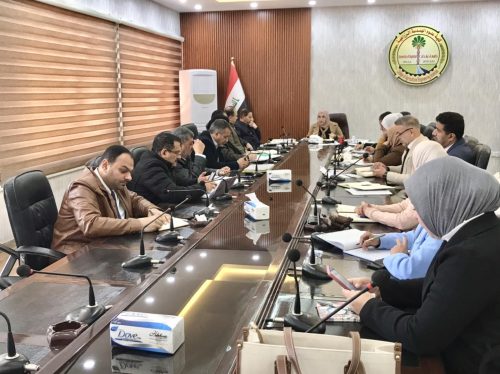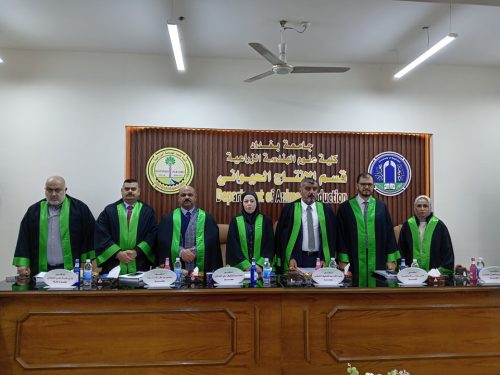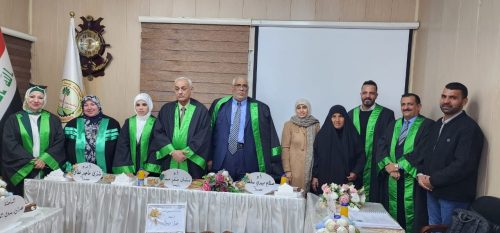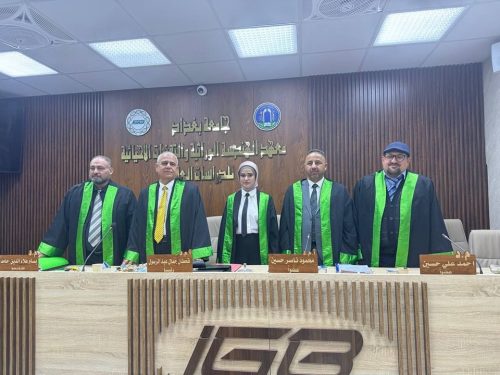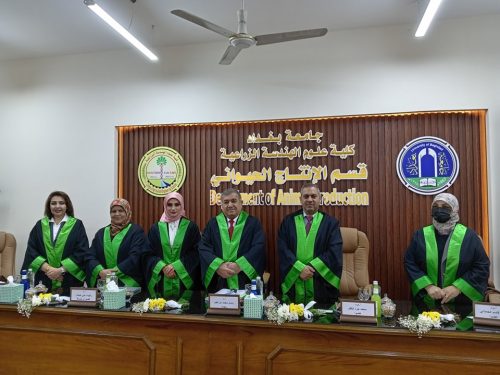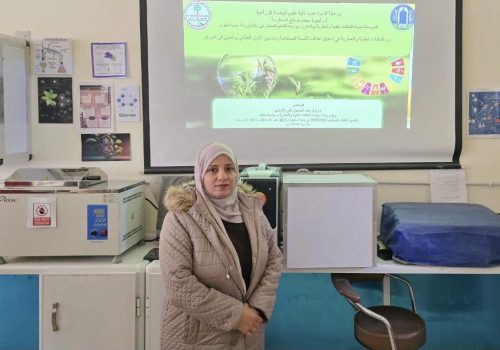The University of Baghdad’s College of Agricultural Engineering Sciences researched organic fertilization methods for broccoli. Scientists examined how Cysteine amino acid affects green and purple broccoli growth. This study supports sustainable farming and food security goals. The project highlights broccoli’s cancer-fighting compounds like Sulforaphane and Indole-3-Carbinol. Purple broccoli’s anthocyanins provide antioxidant properties. These findings promote broccoli’s nutritional and medicinal value.
The study aims to decrease dependence on chemical fertilizers. Environmentally friendly approaches could improve crop quality while protecting ecosystems. This research contributes to cleaner agricultural practices.
